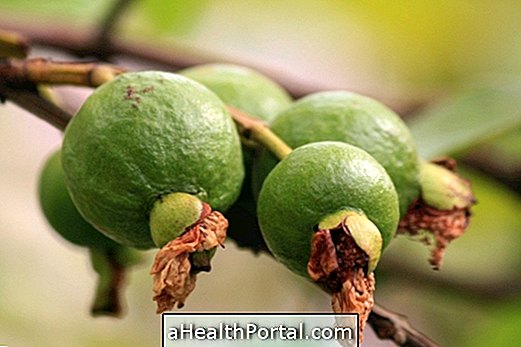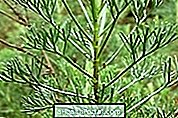Araçá, also known as araçá-do-campo or araçá-amarelo, is a species belonging to the Myrtaceae family, which can be found in Brazil.
The scientific name of the araçá is Psidium cattleyanum S., being a species of a tree of about 3 to 6 meters of height, whose fruits present a big berry, with a yellow color or red when they mature, that present antioxidant properties and antimicrobials.

What are the properties and benefits
The plant is usually very resistant to diseases and pests due to its antimicrobial properties, so it can help fight infections, colds and flu, even because the fruits of the araçá contains a lot of vitamin C, much more than food citrus fruits like lemon or orange, being a potent antioxidant that strengthens the immune system.
In addition, it also has anti-inflammatory properties, and can be used in inflammations of the throat, mouth or intestine, for example and due to its composition, can be used in the prevention and treatment of osteoporosis.
Composition of araçá
Araçá is a fruit composed of water, minerals, malic acid, sugar, cellulose, fat, retinol, thiamine, riboflavin, niacin, vitamin C, calcium, phosphorus, iron, carotenoids and fiber. Besides its therapeutic properties, it is also very useful in the preparation of jams, jams, jellies, sorbets and juices.
Araçá also has in its composition anthocyanins and phenolic compounds with potent antioxidant activity.



























